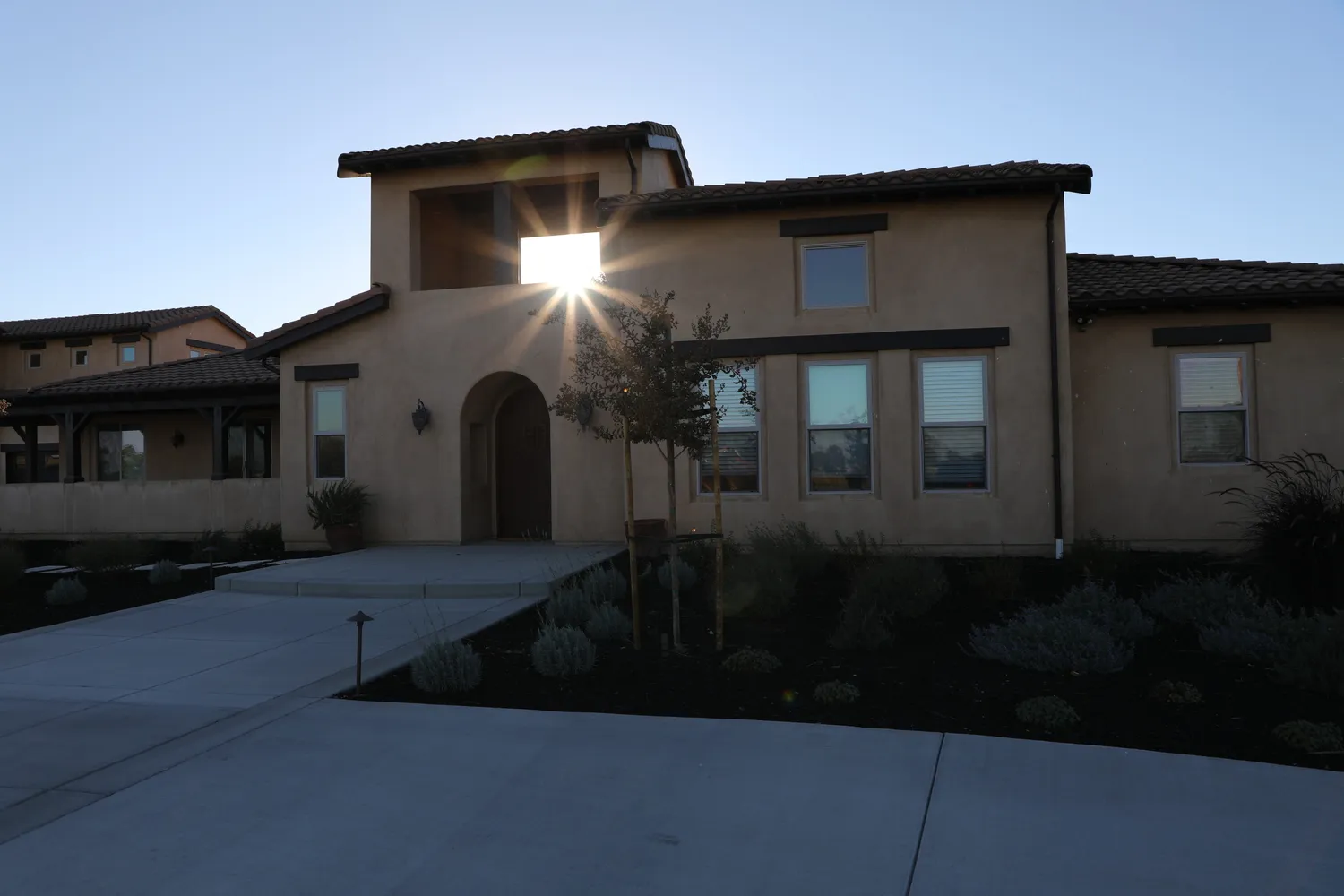For people and families impacted by drug use, Houston, Texas's PaRC (Prevention and rehabilitation Center) provides a multifaceted, compassionate approach to addiction rehabilitation. PaRC has a long 40-year history, having grown from Memorial Hermann to become a nationally renowned center that is now a part of Discovery Behavioral Health. With other outpatient sites spread around Houston, The Woodlands, Sugar Land, Cypress, and Katy, PaRC's main campus, located in the Memorial City region, offers a comprehensive range of addiction treatment services, from inpatient and outpatient care to specialized programs for youth.
According to PaRC's concept, addiction is a complex illness that impacts the body, mind, and soul. Each of these areas is addressed by their evidence-based, comprehensive treatment strategy, which fosters learning, development, and discovery all along the way to recovery. A range of therapeutic activities, such as physical and occupational therapy, equine-assisted therapy, acupuncture, and music therapy, are beneficial to patients and are designed to foster healing. The award-winning café and on-site gym promote physical well-being, while the tranquil PaRC Garden and the lively PaRC Greenhouse provide secluded areas for introspection.
PaRC's rehabilitation program places a strong emphasis on planned, interesting activities. In order to improve patients' experiences and help them adopt new, healthy living habits, the facility provides a broad range of services. As people lay the groundwork for lifetime sobriety, these facilities—which include spiritual services and the `Carry the Message` bookstore—promote meaningful connections, individual development, and ongoing education.
PaRC has been dedicated to leadership and innovation in addiction treatment since its founding. Prior to establishing its own site at the Texas Medical institution, the institution first grew via smart mergers. It quickly outgrew this location and moved to its present facility, which has improved amenities to accommodate the community's expanding demands. In order to better assist families affected by drug use and address the particular difficulties experienced by adolescents in recovery, PaRC expanded its offerings in 2008 to include an adolescent treatment program.
The goal of PaRC is to enable those impacted by addiction to achieve long-term recovery by guiding them toward healing, health, and hope. Acknowledged for its commitment to innovation and evidence-based treatment, PaRC continues to be a premier resource for those trying to start over without addiction. PaRC's LegitScript authentication, which was obtained in September 2021, demonstrates its dedication to providing high-quality and transparent care.
Prevention and Recovery Center - PaRC Information
Treatment
Who We Treat
- Teens / Adolescents
- Young Adults (18–25)
- Adults
- Seniors/Older Adults
- Midlife Adults
- Older Adults
- Adolescents
- Male and Female
- Executives
- Professionals
- Veterans
Treatment Focus
- Alcohol
- Chronic Pain Management
- Drug Addiction
- Young Adults
- Professionals
Approaches
- 12-Step-Based
- Individual Treatment
- Evidence-Based
- Twelve Step
- Family Therapy
- Holistic
- Cognitive Behavioral Therapy (CBT)
- 1-on-1 Counseling
- Art Therapy
- Music Therapy
- Equine Therapy
- Horticultural Therapy
Conditions We Treat
- Anxiety
- Bipolar Disorder
- Personality Disorder
- Burnout
- Grief & Loss
- Codependency
- ADHD/ADD
- Chronic Pain Management
- Grief and Loss
- Personality Disorders
- Anger
- Bipolar
- Co-Occurring Disorders
Substances We Treat
- Alcohol
- Benzodiazepines
- Chronic Relapse
- Heroin
- Cocaine
- MDMA/Ecstasy
- Ecstasy
- Psychedelics
Languages
- English
Aftercare
- Relapse Prevention Planning
- Intensive Outpatient Program
- Aftercare Group Therapy
- Alumni Events & Get-Togethers
- Support Meetings (on-site)
Level of Care
- Outpatient
- Intensive Outpatient Program (IOP)
- Day Treatment
- Outpatient Detox
- Detox
- Residential Rehab
- Co-Occurring Mental Health
Experience
On-Site Amenities
- Access to Nature
- Fitness Center
- Gardens
- Outdoor Lounge
- Walking Trails
Personal Amenities
- Air-Conditioned Rooms
- Private or Shared Rooms
On-Site Activities
- Yoga
- AA/NA Meetings
Special Considerations
- Executive Program
- Young Adults Program
Accreditations
-
The Joint Commission
The Joint Commission's addiction and behavioral health accreditation signifies a facility's commitment to high-quality care. It involves rigorous evaluations and assessments of clinical practices, ensuring effective, evidence-based treatment. Accreditation showcases a dedication to continuous improvement and patient safety, instilling trust among patients, families, and healthcare professionals. It's a mark of excellence in addiction and behavioral health care.

-
NAATP
The NAATP accreditation is a recognized certification for addiction and behavioral health facilities. This accreditation serves as a validation of a center's commitment to maintaining high standards in the field. It signifies that the facility has met specific criteria and requirements set by NAATP, ensuring that individuals seeking addiction and behavioral health services can expect a level of quality and professionalism in their care. NAATP accreditation is a notable benchmark for facilities striving to provide effective and ethical treatment within this critical healthcare sector.

-
SAMHSA certification for opioid treatment program (OTP)
SAMHSA's Opioid Treatment Programs (OTP) accreditation is a prestigious recognition that signifies a program's compliance with stringent standards and guidelines established by the Substance Abuse and Mental Health Services Administration (SAMHSA). This accreditation demonstrates an OTP's commitment to providing high-quality, evidence-based care for individuals struggling with opioid use disorder (OUD). It serves as a trusted symbol of accountability and excellence, assuring patients, families, and communities that the OTP offers safe, effective, and comprehensive treatment options for OUD.
-
State department of health
State Licenses, issued by government agencies, authorize rehabilitation organizations to legally operate within designated geographical areas. The specific licenses required for operation are typically determined by both the nature of the rehabilitation program provided by the facility and its physical location.

-
LegitScript
Only after successfully completing a rigorous application process, programs and services achieve LegitScript certification. This process, which commenced in 2018, aims to qualify only reputable providers of mental health and co-occurring substance abuse treatment for inclusion on Google's network while ensuring compliance with HIPAA privacy laws.

Additional Locations
Prevention and Recovery Center - PaRC Accepts The Following Insurance Plans
Find the best treatment options. Call our free and confidential helpline today!












